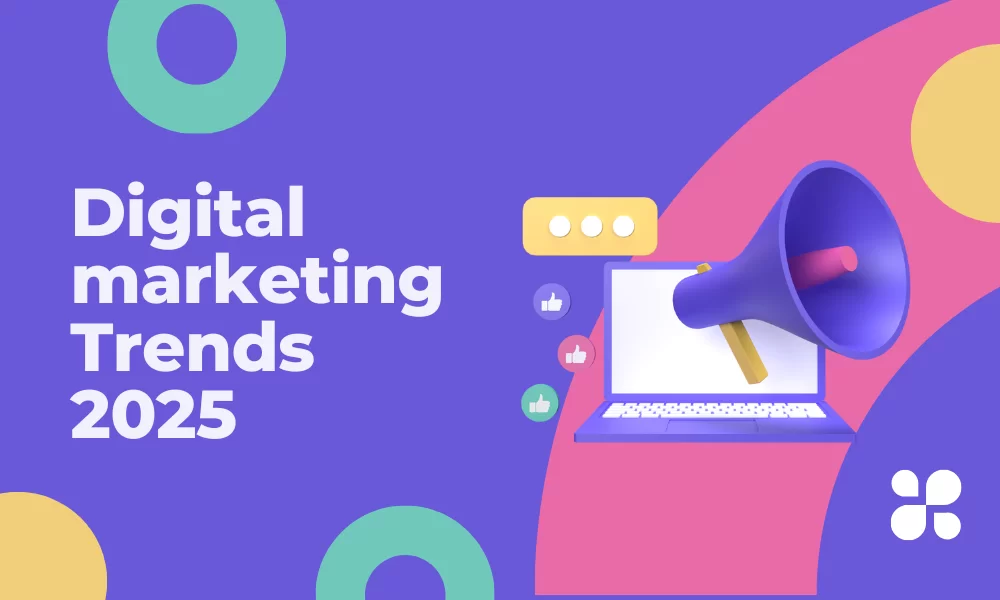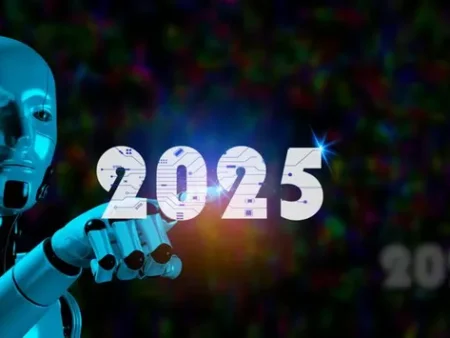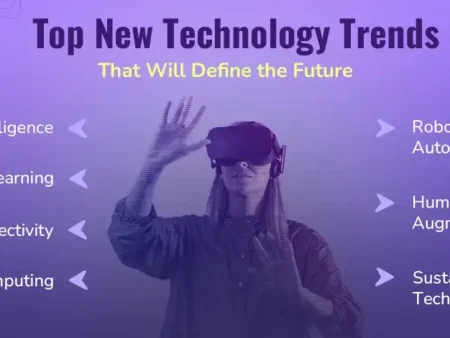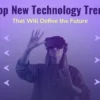Digital marketing in 2025 is evolving rapidly, with key trends focused on AI-driven personalization, multi-platform search optimization, voice and visual search, and the rise of social commerce. Brands are blending digital and physical experiences through immersive technologies and prioritizing ethical, inclusive marketing. Success now depends on leveraging smart tools while aligning with consumer values and privacy expectations.
Top Digital Marketing Trends to Watch in 2025

As digital landscapes continue to evolve rapidly, marketers in 2025 are navigating a shift toward smarter technology, ethical branding, and highly personalized experiences. According to insights from TheeDigital, here are the key trends defining the future of digital marketing:
1. AI and Machine Learning Take the Lead
Artificial intelligence and machine learning are now at the core of most successful digital strategies. From dynamic content personalization to predictive analytics, AI tools are helping brands deliver tailored experiences at scale. These technologies also enhance automation in campaign management, customer service, and lead generation—freeing marketers to focus more on strategy than execution.
2. Search Is No Longer Just Google
Traditional search engines are no longer the sole discovery platforms. With younger generations turning to TikTok, Instagram, and even AI chat tools for information, marketers must now optimize content across multiple search surfaces. This includes platforms like YouTube, app stores, and even voice assistants—requiring broader and more adaptive SEO strategies.
3. Rise of Voice and Visual Search
Voice and image-based search are becoming mainstream. Tools like Google Lens process billions of visual searches monthly, while voice search continues to grow with smart devices. Marketers need to ensure their content is accessible through these formats by focusing on natural language optimization, schema markup, and high-quality visual content.
4. Social Commerce and Live Shopping
Social media platforms are quickly transforming into full-scale shopping channels. Features like Instagram Checkout and TikTok Shop allow consumers to purchase products without leaving the app. Live-stream shopping, influencer-led product demos, and in-app purchases are making it easier for users to convert in real time, creating a new kind of impulse-driven commerce.
5. Blending Digital and Physical Experiences (“Phygital”)
Today’s consumers interact with brands across both digital and real-world touchpoints. The growing use of technologies like AR (augmented reality) and in-store digital kiosks is creating seamless, hybrid experiences. For instance, customers can try products virtually or receive personalized recommendations while shopping in physical locations—blending convenience with interactivity.
6. Video Dominates, Privacy Becomes Key
Short-form video content remains the most engaging format, with platforms like Reels, YouTube Shorts, and TikTok continuing to dominate user attention. At the same time, digital marketing must adapt to increasing privacy regulations. With third-party cookies being phased out, brands are turning to first-party data and privacy-safe targeting strategies.
7. Hyper-Personalization in Real Time
Modern consumers expect content that feels uniquely crafted for them. Using AI, brands can now adjust product recommendations, ads, and email content in real time based on a user’s behavior, preferences, and location. This level of hyper-personalization not only boosts engagement but significantly improves conversion rates.
8. Ethical and Inclusive Marketing Gains Priority
Consumers are paying closer attention to how brands align with social, environmental, and ethical values. Marketing that prioritizes inclusivity, sustainability, and data ethics is no longer optional—it’s a competitive advantage. Transparent messaging and genuine commitment to causes help build trust and long-term brand loyalty.
Digital marketing in 2025 is defined by technological innovation, ethical responsibility, and a deeper understanding of consumer behavior. Businesses that adopt AI-driven personalization, embrace new search behaviors, invest in immersive experiences, and stay aligned with societal values will be best positioned to grow in an increasingly competitive digital space.
















